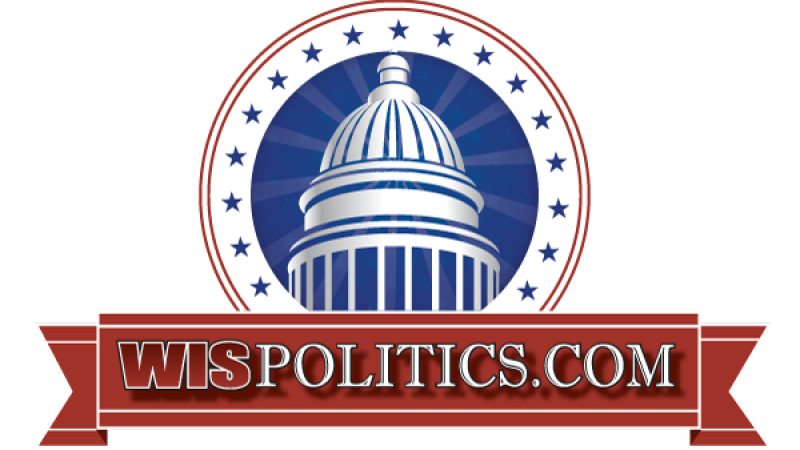Room tax revenues in Wisconsin are bouncing back more quickly in tourist areas than those that rely more on business travel, according to a recent Wisconsin Policy Forum report.
While statewide figures aren’t yet available for 2021, the report focuses on figures for the top 75 municipalities in the state to see how their room tax revenues are faring. It shows collections were up 73.4 percent from 2020, when the COVID-19 pandemic had the largest impact on travel.
Still, revenues remained 11.3 percent lower than what was collected in 2019, the report shows. But when Madison and Milwaukee are taken out of the picture, the other 73 communities saw revenues rise 1.8 percent from 2019 to 2021.
“While the recovery in these 73 municipalities is good news, it’s important to recognize that room tax collections increase with inflation,” report authors wrote. “That means even in these smaller communities, revenues are still below 2019 after adjusting for the recent rapid rise in consumer prices.”
The state’s two largest cities are more heavily reliant on business travel for those tax collections, and their 2021 revenues were 33 percent less than what they pulled in for 2019.
Wisconsin law allows local governments the option to tax overnight lodging by up to 8 percent. As of 2019, 293 cities, villages and towns imposed a room tax with a median rate of 5.5 percent. The communities that impose the tax are required to put 70 percent of the revenue toward tourism promotion.
When those funds dried up in 2020, some communities turned to federal COVID-19 funds to fill the gap. With a $13 million hole in its budget, Madison took steps that included reducing funding for attractions like the Monona Terrace Community and Convention Center and suspending a transfer of room tax revenues to the general fund.
Meanwhile, the Wisconsin Center District in Milwaukee, created by the state to manage the Wisconsin Center and other venues, saw a similar drop with room taxes declining $12.8 million, or more than 56 percent.
The district — which also relies on taxes on rental cars and food and beverages sold at bars and restaurants, as well as concessions at district-managed venues — was forced to take a number of steps to address its shortfall. That included furloughs and layoffs and reduced capital spending.
Report authors note the federal funds that some areas relied on to offset the shortfall must be obligated by 2024, which “makes it even more critical that collections rebounded substantially across much of the state last year.”
See the full report: https://www.wisbusiness.com/wp-content/uploads/2022/10/221004RoomTaxRevenues.pdf




